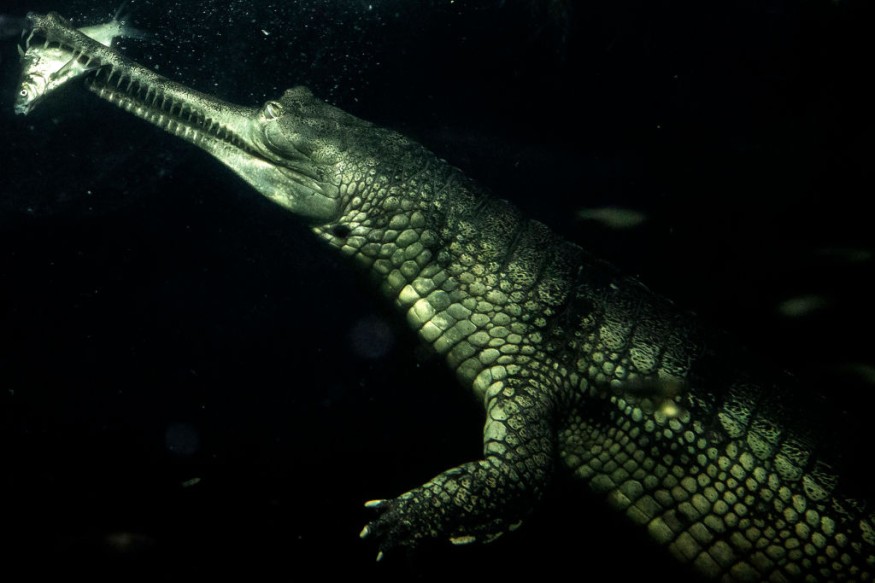
It's a crocodile, but something most of our generation may have never encountered before. 200 years ago, this lost species was said to have driven away by Chinese people to extinction, and here's why:
Of the three main groups of crocs - crocodiles, alligators, and a group known as Gavialidae - the rare discovery of the "entirely new species" belongs to the latter. Gavialidae includes the last common ancestor of all living and descendants of gavialids. They are a group of slender-snouted crocodylians characterized with short limbs.
Scientists linked the 'exceptionally well-preserved' crocodylian fossil with the Bronze Age of southern China, said to have been wiped out off the planet due to human conflict, Newsweek wrote.
Human-induced extinction of giant crocodile-like creature
According to the researchers discovery published in the Proceedings of the Royal Society B: Biological Sciences, the Chinese crocodylian resembles one of the most compelling examples of the human-mediated reptile extinction in the late Quaternary.
The two Bronze-age specimens dating to between 1400 and 1000 BC, with an estimated length of about 20 feet, had more than 12 chop marks left on its skeleton. This evidence, along with previous historical accounts suggest that the human-crocodile conflict had lasted in southern China from the Bronze Age until a few hundred years ago before the species went extinct.
"The purpose of chopping the skull, particularly around the eye and area surrounding the brain, would be for taking down this individual," said lead author Masaya Ijima from the Department of Biological Sciences at Clemson University, South Carolina. "Bisecting the neck vertebra would be most likely for beheading that individual."
Scientists described the new species' features as "bizarre", having a long, narrow snout like Indian and Malayan river crocodiles.
"Missing link" in the evolution of the reptiles
The team of scientists named the new giant species Hanyusuchus sinensis, after Tang dynasty poet, government official, and crocodile hunter Han Yu, who had a legendary role in managing crocodilians that attacked humans and livestock, according to South China Morning Post.
Liu Jun, a Hefei University of Technology professor who researches palaeontology and historical geology said that the two gharials in the study died long before the Tang dynasty and were killed by Han himself, but they believe it was of the same species.
According to the experts, the ancient Chinese "hatred of crocodilians" had lasted for at least three millennia since the Shang dynasty, and government officials at the time resorted to sacrificial rituals in the Han River valley, eastern Guangdong.
"The range of [the species] would be progressively contracted during the past two millennia, as hotspots of the population associated with intensive agricultural activities emerged in southern China."
The lost species which shares significant skull features with the rest of the crocodilian family "supplied a missing link in the evolution of the reptiles", and bridged the gap in the Gavialidae family tree which was previously misunderstood by scientists.
Moreover, the discovery could help conservation efforts for existing crocodilian species and "keep balance between conservation of endangered species and management of human-crocodile conflict in the future."
© 2025 NatureWorldNews.com All rights reserved. Do not reproduce without permission.





